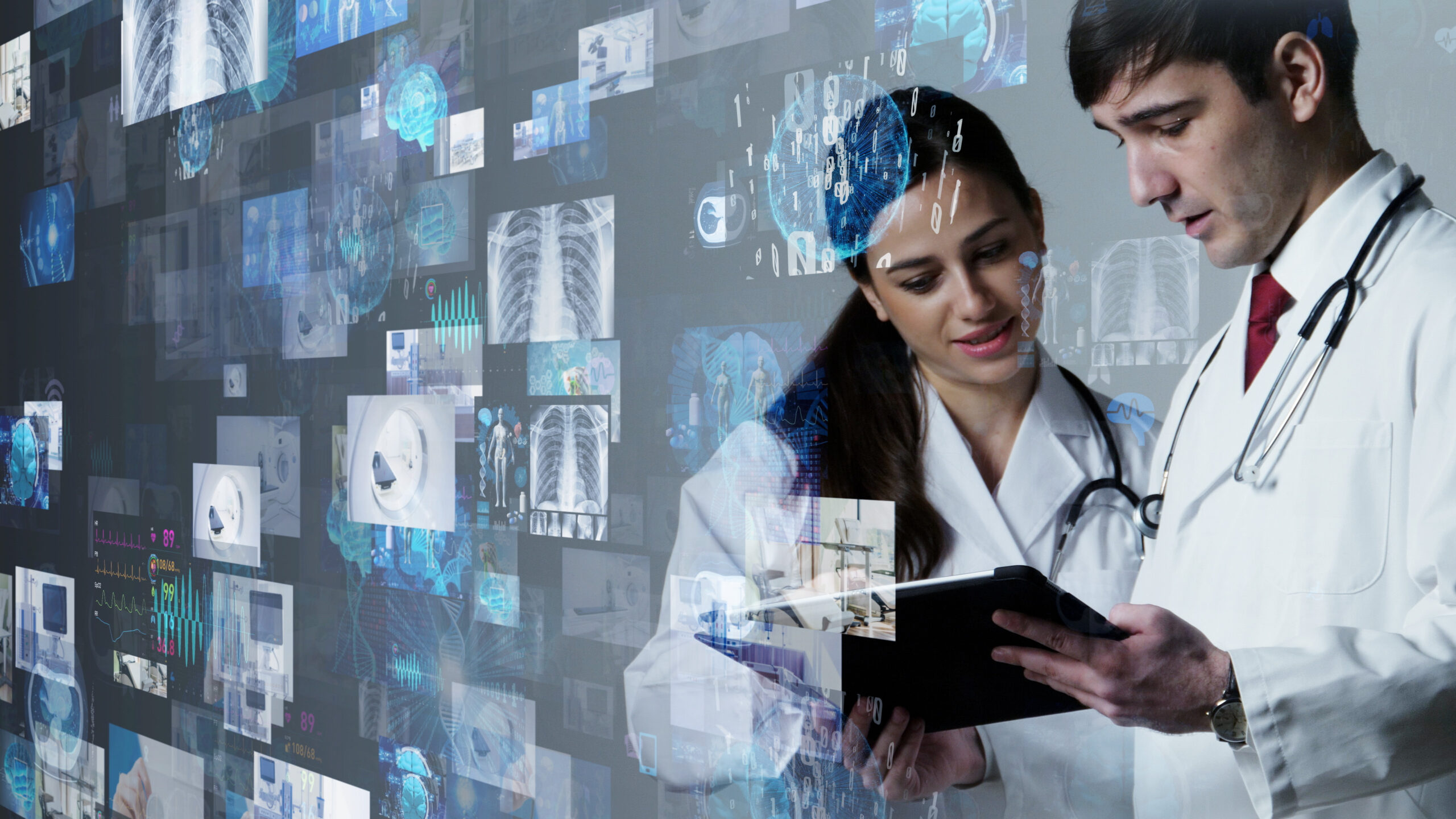- Get link
- X
- Other Apps
- Get link
- X
- Other Apps
# The Growing Use of Machine Learning in Healthcare
Machine learning (ML) is a branch of AI that enables systems to learn from data and improve their performance without explicit programming. ML has many applications in healthcare, such as improving diagnosis and screening for diseases, assisting with clinical care, strengthening health research and drug development, and supporting diverse public health interventions.
Some of the benefits of machine learning in healthcare include:
- Enhancing accuracy and efficiency by reducing human errors and biases
- Expanding capabilities and access by enabling new forms of diagnosis and treatment
- Empowering patients and providers by facilitating data-driven decision making
- Improving outcomes and quality by enabling personalized and preventive care
Some of the latest news on machine learning in healthcare include:
- A review article that provides a data-centric view of the innovations and challenges that are defining ML for healthcare. The article discusses deep generative models and federated learning as strategies to augment datasets for improved model performance, as well as transformer models for handling larger datasets and enhancing the modelling of clinical text. It also discusses data-focused problems in the deployment of ML, such as data delivery, data shifts, data privacy, data governance, data literacy⁵.
- A report that reveals that around 4,000 people lost their jobs in May due to ML. According to the report, organizations are deploying advanced ML tools at work to automate tasks including creative as well as administrative and clerical jobs. While firms are inclined toward ML tools, it is negatively affecting the workforce. The report also suggests that workers need to reskill and upskill themselves to adapt to the changing demands of the market⁶.
- An article that explains how ML is enhancing the autonomy and functionality of drones. One of the most significant advancements ML brings to drone technology is the ability to fly in all directions without human operators. This enables drones to perform tasks such as surveillance, delivery, mapping, inspection and more with greater accuracy and efficiency. ML also helps drones to communicate and collaborate with each other, forming swarms that can achieve complex goals⁷.
I hope you found this blog article helpful and informative. If you have any feedback or suggestions, please let me know. Thank you for reading! 😊
ai healthcare
ai technology
machine learning
machine learning in ai
machine learning in healthcare
use of ai in healthcare
- Get link
- X
- Other Apps

Comments
Post a Comment